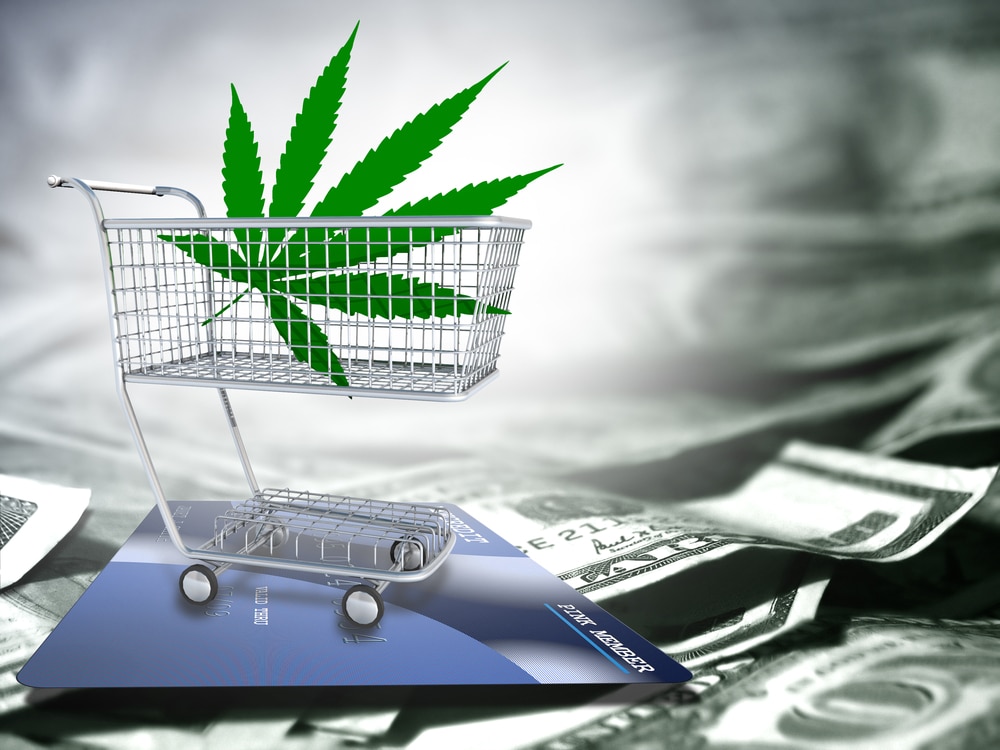
Cannabidiol (“CBD”) products have emerged on the market in several states with various claims, including the treatment of specific illnesses, reportedly backed by scientific research. CBD is a non-psychoactive component of both marijuana and hemp. While products containing this substance have been permitted in certain states, marketing CBD oils and related products as treatments for specific conditions has been disallowed by the FDA.
For companies that market CBD related products, having an understanding of the federal and state regulations that are applicable to their businesses is crucial. Here is a brief guide on the current regulations regarding the marketing of CBD related products.
FDA Regulations
The Federal Food, Drug and Cosmetic Act, also known as the FD&C Act, requires scientific information to demonstrate that a drug is safe. The FDA has made it clear that CBD products cannot be sold as dietary supplements because CBD is “authorized for investigation as a new drug,” a classification that disallows products from being sold as dietary supplements while under clinical investigation.
With clinical trials generally lasting several years followed by the FDA’s 10 month goal for standard new drug approvals, it could be several years until the status of CBD is changed from its current classification as a “new drug.” As a result, the FDA has also prohibited the use of CBD in food.
The FD&C Act defines a dietary ingredient as a vitamin; mineral; herb or other botanical; amino acid; dietary substance for use by man to supplement the diet by increasing the total dietary intake; or a concentrate, metabolite, constituent, extract, or combination of the preceding substances. Unlike drugs, dietary supplements are not intended to treat, diagnose, prevent, or cure diseases.
The FDA also requires all companies that plan to market a dietary supplement that contains a new dietary ingredient, and the new dietary ingredient has not been present in the food supply as an article used for food in a form in which the food has not been chemically altered, to submit to FDA, at least 75 days before the dietary ingredient is introduced or delivered for introduction into interstate commerce, information that is the basis on which the company has concluded that a dietary supplement containing the new dietary ingredient will reasonably be expected to be safe.
In addition, the FDA has some stringent requirements for the labeling of products including:[1] [2] [3] [4] [5]
●The FD&C Act prohibits the listing of a drug as safe and effective for specific uses on product labeling unless it has been recognized by the FDA as such. Until then such drugs are considered as “new drugs.”
●Products may not be labeled for use or with directions for use for conditions that can not be self-diagnosed and treated by individuals who are not medical practitioners 21 CFR § 201.100(c)(2).
●CBD Companies should not try to circumvent these rules by using scientific publications to prove the validity of a product’s use for the treatment of specific medical ailments as this is also disallowed under 21 CFR 101.93(g)(2)(iv)(C).
●Products should include adequate directions for use under which a layperson can follow to use the product as intended [6] [7] [21 CFR § 201.5]. However, this regulation is being arbitrarily applied to CBD products given the fact the the manufacturers of the products are not permitted to make claims about CBD as treatments for specific illness.
Labeling for CBD Related Products
In the states where cannabis-derived CBD products have been permitted, including Washington, California, Illinois, Connecticut, and New York, the packaging for all CBD products must list CBD as an active ingredient with the amount of CBD that the product contains.
Given the FDA’s stance on CBD as a new drug, it is a good idea to avoid using the labeling of the packaging to make medical claims about the benefits or denoting specific uses of the product. The FDA has already issued warnings to several CBD companies about the mislabeling for violation of FDA regulations.
In addition, many CBD companies are violating FDA regulations by marketing CBD products as dietary supplements when they have not been awarded that classification by the FDA. As a result, while the sale of CBD products have been permitted in certain states, the regulations set forth by the federal government, namely the FDA still take precedence over state laws. This means that the federal government can go after CBD companies even if the state in which the company is located has decided not to.
Things to Consider When Marketing CBD Products
Given the myriad of federal and state regulations that CBD product manufacturers must comply with, CBD companies should take extreme care when marketing CBD products. Most importantly, the product should make mention of the fact that it has not been approved by the FDA.
Secondly, the products should never be labeled for use in conjunction with specific medical conditions, given CBD’s status as a new drug. CBD companies should also review applicable state laws carefully to determine whether or not the labeling for their products are in compliance.
The FDA has also made it the responsibility of the companies to comply with all of the requirements of federal law and FDA regulations. While the FDA may take steps to notify a company that it is violation of the law, it is the company’s responsibility to review the law in order to determine if its products are in compliance and resolve any violations.
For Online Sellers of CBD Products
Online sellers of CBD products need to take special precautions when selling CBD products online. These sellers need to be aware that:
●Cannabis is still illegal under federal law.
●Even in states where cannabis products are legal, it is not legal to ship the cannabis products from state to state, or to leave the state with such a product.
●For CBD products that are the result of CBD extracted from hemp, the sellers should make it very clear to customers that its products come from imported hemp and not marijuana.
●In all cases, online sellers should avoid making claims about the medical benefits of using CBD products.
While this is not an exhaustive list of the regulations that CBD companies face, these findings highlight the fact that many CBD companies are operating in a legal grey area when it comes to the sale of CBD products online.




